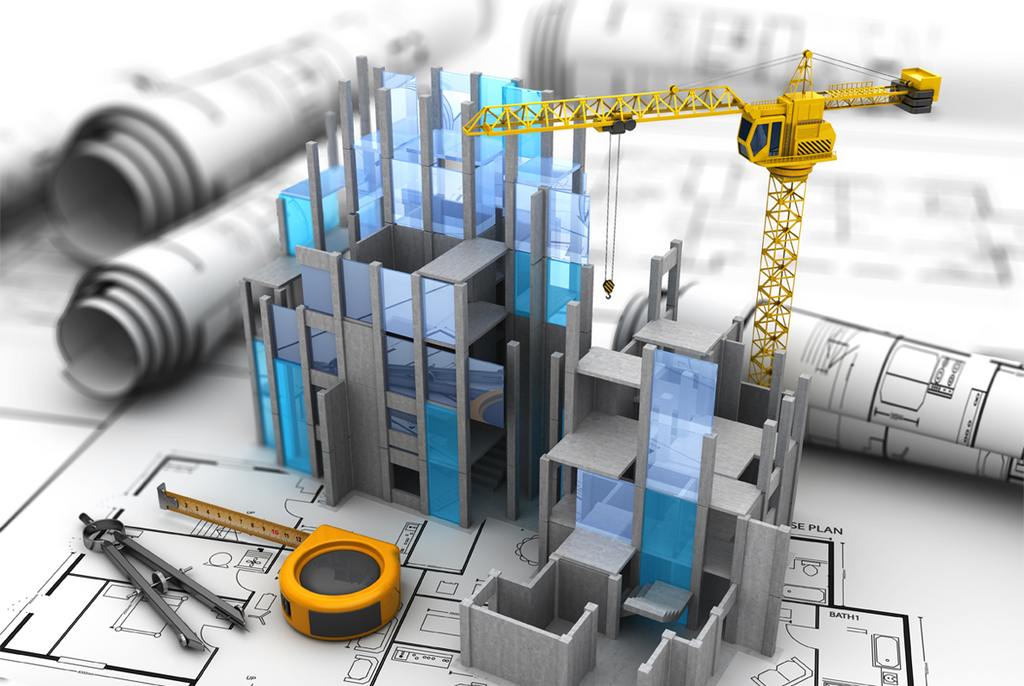
Discover how technology is changing the dynamics of efficiency in the construction industry, leading to faster, more profitable results.
The construction industry has historically faced challenges related to efficiency, with projects often exceeding deadlines and budgets. However, the introduction and adoption of innovative technologies are radically transforming the way the sector operates, driving efficiency and generating faster, more profitable results.
- Disruptive Technologies in Construction: BIM (Building Information Modeling): BIM has revolutionized the way projects are conceived, planned and executed. This approach based on three-dimensional models allows a detailed visualization of every aspect of a building, from the structure to the electrical and hydraulic installations. By integrating essential information into a single model, BIM helps optimize planning, identify conflicts and reduce changes during construction.
- IoT (Internet of Things): The Internet of Things is transforming construction sites into highly connected environments. Smart sensors are deployed in construction equipment and materials, enabling real-time monitoring of performance and working conditions. This enables more effective resource management, early identification of problems and predictive maintenance of equipment.
- Augmented Reality (AR) and Virtual Reality (VR): AR and VR are increasingly being used in construction to improve project planning, training and visualization. Architects and engineers can create immersive virtual environments to simulate construction and test different scenarios before work even begins. Additionally, augmented reality is used on the construction site to provide contextual information about the project, facilitating execution and reducing errors.
- Drones and Satellite Imagery: The use of drones and satellite imagery allows for more efficient and accurate data collection on construction sites. Drones are used for safety inspections, topographical surveys and monitoring construction progress, while satellite images provide information about terrain and environmental conditions. This allows for more effective project management and reduces the time required to perform manual inspections.
Benefits of Technology in Construction:
- Operational Efficiency: The technologies mentioned above significantly improve operational efficiency in construction by reducing the time required to complete tasks and minimizing wasted resources. Automated processes and real-time communication enable more effective collaboration between teams and contractors, ensuring smoother project execution.
- Cost Reduction: The adoption of innovative technologies in construction can result in significant cost reductions. Optimizing planning and early identification of problems helps avoid delays and costly rework. Additionally, remote monitoring and predictive maintenance of equipment reduces maintenance and repair costs.
- Improved Safety: Technologies such as drones and smart sensors contribute to improving safety in the workplace. Real-time monitoring allows you to identify potential risks and adopt preventive measures to ensure worker safety. Furthermore, augmented reality is used for safety training, simulating risk scenarios and emergency procedures.
- Environmental Sustainability: Technology is also playing an important role in promoting environmental sustainability in construction. Data analysis and information modeling enable the design of more energy-efficient buildings and the selection of sustainable materials. Furthermore, real-time environmental monitoring helps to reduce the environmental impact of works.
The Importance of Efficiency in Construction: Traditionally, efficiency was not a priority on construction sites. However, as technology advances, the industry is beginning to recognize the tangible benefits that efficiency brings to every project.
Benefits of Technology in Construction:
- Fast, efficient collaboration keeps projects on time and on budget.
- Faster, more informed decision-making, reducing the risk of going over budget.
- Access to real-time data prevents errors and delays, ensuring more accurate and efficient construction.
- Simplified and accessible documentation, ensuring compliance and transparency at all stages of the project.
- Remote access to information in the cloud, allowing teams to work from anywhere, at any time.
Conclusion
As the construction industry continues to evolve, efficiency becomes essential to business success. Technology provides the tools necessary to increase operational efficiency, ensuring projects are completed on time and within budget, driving growth and competitiveness in the sector.

